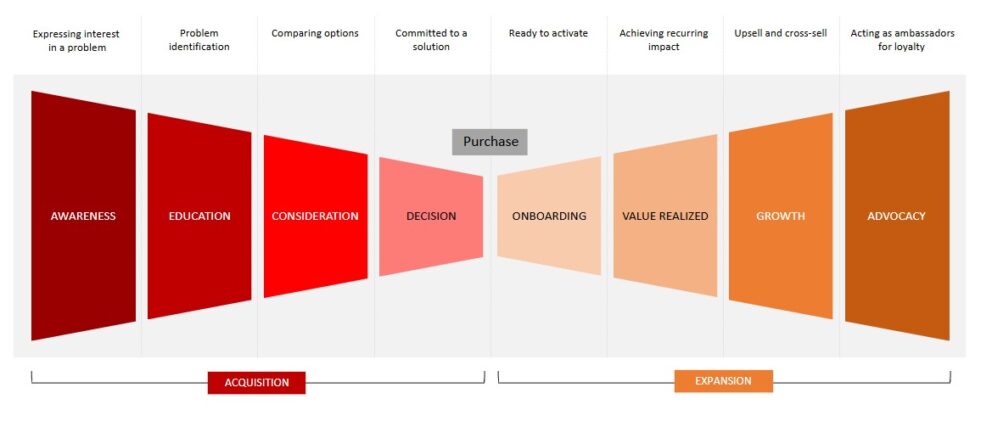[REPORT] Integrate – State of Marketing Maturity
![[REPORT] Integrate – State of Marketing Maturity](https://www.heinzmarketing.com/wp-content/uploads/2023/06/research-scaled-1-1600x1060.jpg)
By Brittany Lieu, Marketing Consultant at Heinz Marketing
As expectations grow for CMOs to positively affect the organization’s bottom line, there is less room for gaps in an ineffective marketing ecosystem. Happy, high-performing teams prioritize more than metrics. They focus on making their marketing ecosystem and strategic growth driver to their company goals. So, how do B2B marketing leaders go about determining whether their marketing ecosystems can meet these new business demands?
The answer begins with the Marketing Maturity Model; a model used to analyze the current maturity stage of an organization’s structure, go-to market strategy, and connected stack of MarTech tools.
New Research from Integrate and Heinz Marketing
In pursuit of answers, Integrate and Heinz Marketing conducted a survey to explore where marketing teams land on the marketing maturity spectrum, how they are evolving their organizational structure, technology, and strategy with a goal of increasing marketing performance, and what steps marketing leaders can take to position themselves for success. Here are a few key insights from our research that may resonate with you and your team.
Over 56% of respondents are not confident their marketing strategy, technology and team structure will effectively support marketing goals.
Marketing leaders are frustrated. With over half of respondents dissatisfied with the current effectiveness of their marketing teams, many are far from reaching “marketing nirvana” or full marketing maturity.
In fact, our research shows:
- 22% of respondents say their teams are siloed with low shared responsibility across functions
- 20% of respondents have limited to no MarTech
- 23% of respondents identify their tactics as defined, with some sales-driven and coordinated programs
48% of optimized teams who center their marketing ecosystem around the buyer expect to meet their revenue goals
Ad-hoc acts of marketing are never enough. At the height of marketing maturity, optimized teams are reaping the full benefits from an omnichannel approach orchestrated around the buyer experience. Some significant advantages across the marketing pillars include:
Effective Organizational Structure
- Effective communication and coordination between functions
- Clear and aligned goals throughout the organization
- Consistently achieved marketing goals
Integrated Marketing Technology
- Successfully delivering a complete buying experience
- Better data collection and analysis
- Higher ROI
Connected Marketing Strategy
- Greater coordination of processes and teams
- Optimal insights into buyer motivations
- Connected technology that fills process, analysis, and execution gaps
Get the Report
We have identified valuable recommendations and predictions to build toward higher marketing maturity. To learn more, access the full report here.






